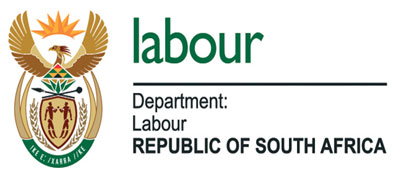Basic income grant – a vital tool for social protection
Story supplied by the Dept of Employment and Labour
It is about time South Africa resolves the controversial issue of the R350 Social Relief Grant in favour of the Basic Income Grant (BIG), a meeting of the Second BRICS Working Group heard in Port Alfred, Eastern Cape.
Dr Joni Musabayana, International Labour Organisation (ILO) Director for Decent Work for Southern and Eastern Africa, spoke during a panel discussion on the Universal Social Protection and Basic Income Grant (BIG) background.
“The reason we have to resolve this matter urgently is that the COVID–19 Pandemic has shown us that crises are going to become part of our lives and therefore, we must be disaster ready at all times. We need Social Protection to limit the impact so that we do not panic every time there is a crisis,” he said.
Dr Musabayana said that regarding Social Protection, South Africa covers about 52 percent of its population, while the African continent’s average is 17 percent.
“This poses a challenge for South Africa with people crossing the border to access it. The elephant in the room is the real unemployment challenge in South Africa. This gives us a structural challenge with many people unable to access this relief,” said Dr Musabayana.
Christina Behrendt, Head of the Social Policy Unit in the Social Protection Department of the ILO, said guaranteeing at least a basic level of income security is a vital function of a national social protection floor.
“Minimum income grants and other social assistance benefits play a crucial role in guaranteeing at least a basic level of income security with important features being:
– Programmes anchored in national law, clear and transparent eligibility conditions (including on means-tests), grievance mechanisms and rights of appeal
– Benefit levels of adequate to allow for life in dignity
– Regular review of benefit levels to keep up with living standards
– Social dialogue that involves tripartite participation and other relevant stakeholder,” she said.
Sipho Ndebele, Acting Deputy Director-General responsible for Labour Policy and Industrial Relations in the Department of Employment Labour, said: “We recognise the importance of Social Protection promoting inclusive economic growth, reducing inequality and alleviating poverty as well as decent work.”
“We must ensure that social protection systems are effective, efficient and accessible to all workers, including those in the informal economy as well as the vulnerable groups.”
Ndebele said the informal economy employs a significant proportion of the labour force in BRICS countries.
“Therefore, developing policies and programmes that enable informal workers to acquire skills and access opportunities for decent work is essential. We must ensure that informal workers have access to social protection, including health insurance, pensions and others.


Comments are closed.